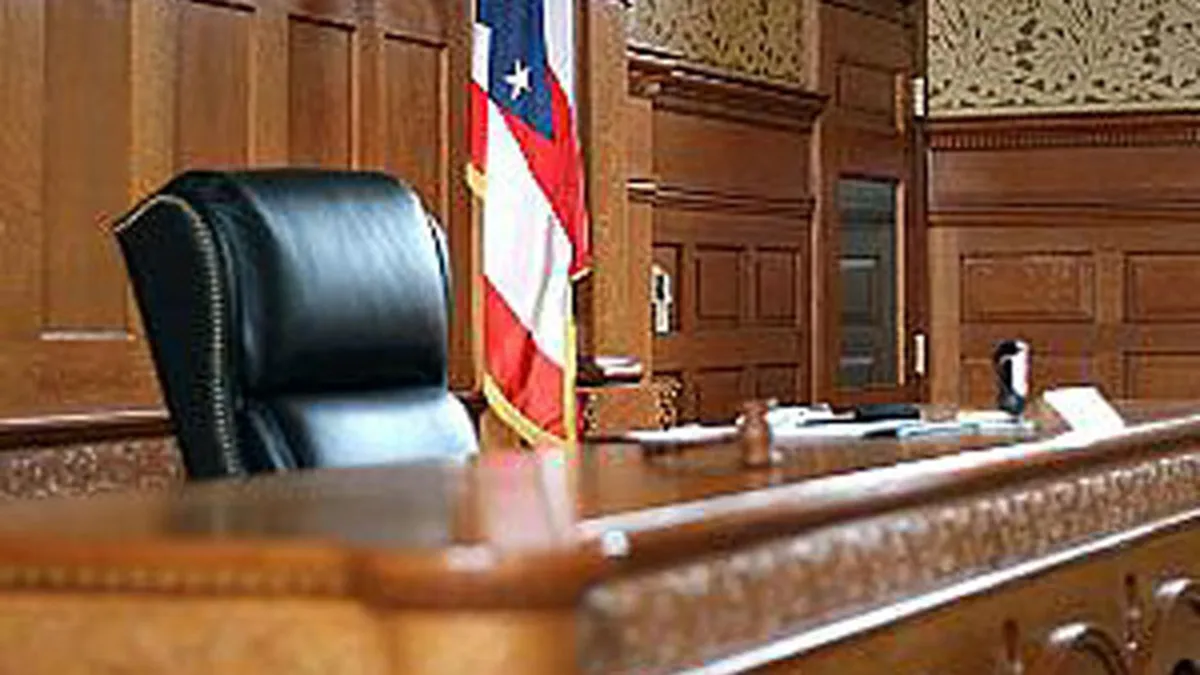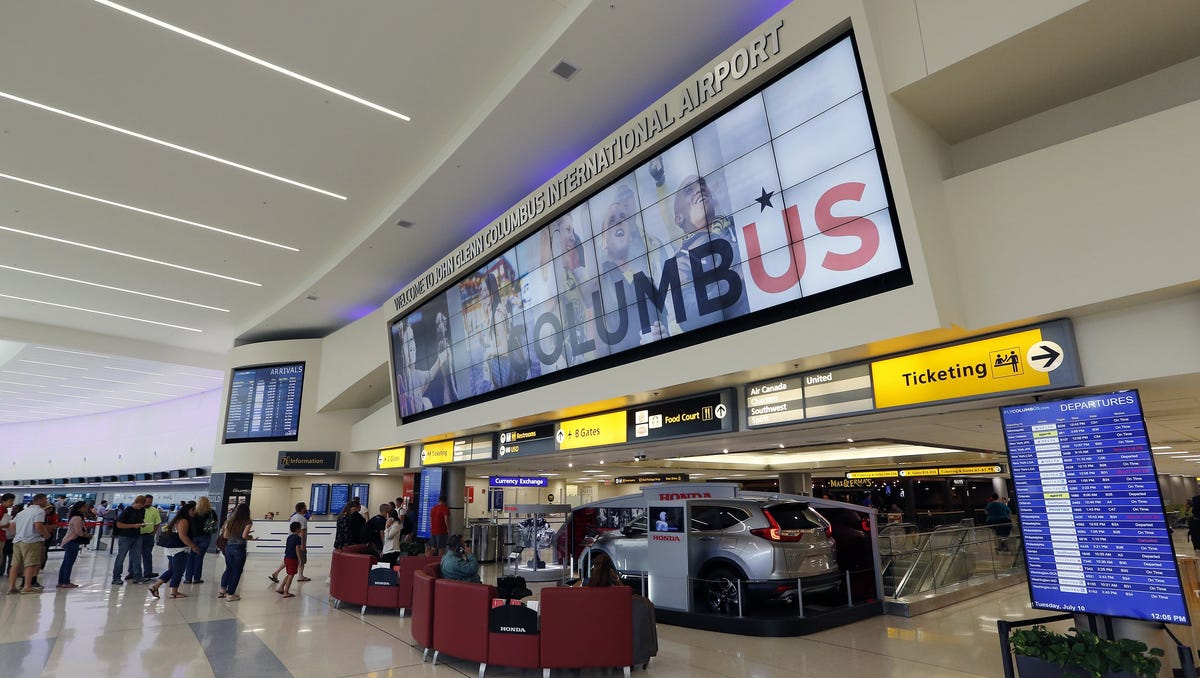Gambling
‘Sal the Shoemaker’ admits he ran illegal Mafia gambling ring in his Brooklyn shop

A former shoemaker pleaded guilty Tuesday to allegations that he ran an illegal gambling operation for the Mafia out of his shop in Brooklyn.
Salvatore Rubino, also known as “Sal the Shoemaker,” admitted in federal court in Brooklyn to running card games and operating illegal gambling machines inside his former shoe repair business and to kicking profits to the Genovese crime family. He pleaded guilty to gambling charges.
Four co-defendants — Carmelo “Carmine” Polito, Joseph “Joe Fish” Macario, Joseph “Joe Box” Rutigliano and Mark Feuer — pleaded guilty earlier this month to charges including racketeering, attempted extortion and illegal gambling stemming from long-running Mafia gambling operations in New York, prosecutors said.
“As long as the Mafia doesn’t get it that illegal gambling is a losing proposition, they can bet on this office and our partners vigorously enforcing the law and flushing them out of the shadows, as in this case, where they operated secretly in a coffee bar and a shoe repair shop,” U.S. Attorney Breon Peace said in a statement.
The five were indicted in August 2022 as part of a larger federal investigation.
Members of the Genovese and Bonanno crime families had jointly been running a lucrative illegal gambling operation at a gelato shop called Gran Caffe since 2012, according to earlier court filings. The profits earned there and at other illegal spots was “kicked up” to the leaders of the crime families.
The Genovese crime family was accused of running illegal gambling rings at locations including Sal’s Shoe Repair on East 23rd Street in Sheepshead Bay, and Centro Calcio Italiano Club in West Babylon.
Sal’s Shoe Repair closed in 2021 as a result of the COVID-19 pandemic, prosecutors said.
Polito, one of the accused mobsters, had also allegedly been running an online gambling scheme. Through that site, he tried to extort a person who lost several thousand dollars in online bets placed, and threatened in Oct. 2019 to “break” an individual’s “face,” according to court documents. He also told another person to relay a message to the debtor, saying “Tell him I’m going to put him under the f—–g bridge.”
While the heyday of organized crime is long past in New York — and many types of gambling that were once the exclusive domain of the Mafia are now legal in the state — Nassau County District Attorney Anne T. Donnelly said at the time that the indictments were proof that “organized crime is alive and well in our communities.”
“These Mafia figures operated surreptitiously in back rooms of restaurants and retail locations in suburban Long Island, running underground gambling parlors and kicking up the profits to the Genovese crime family,” said Donnelly









